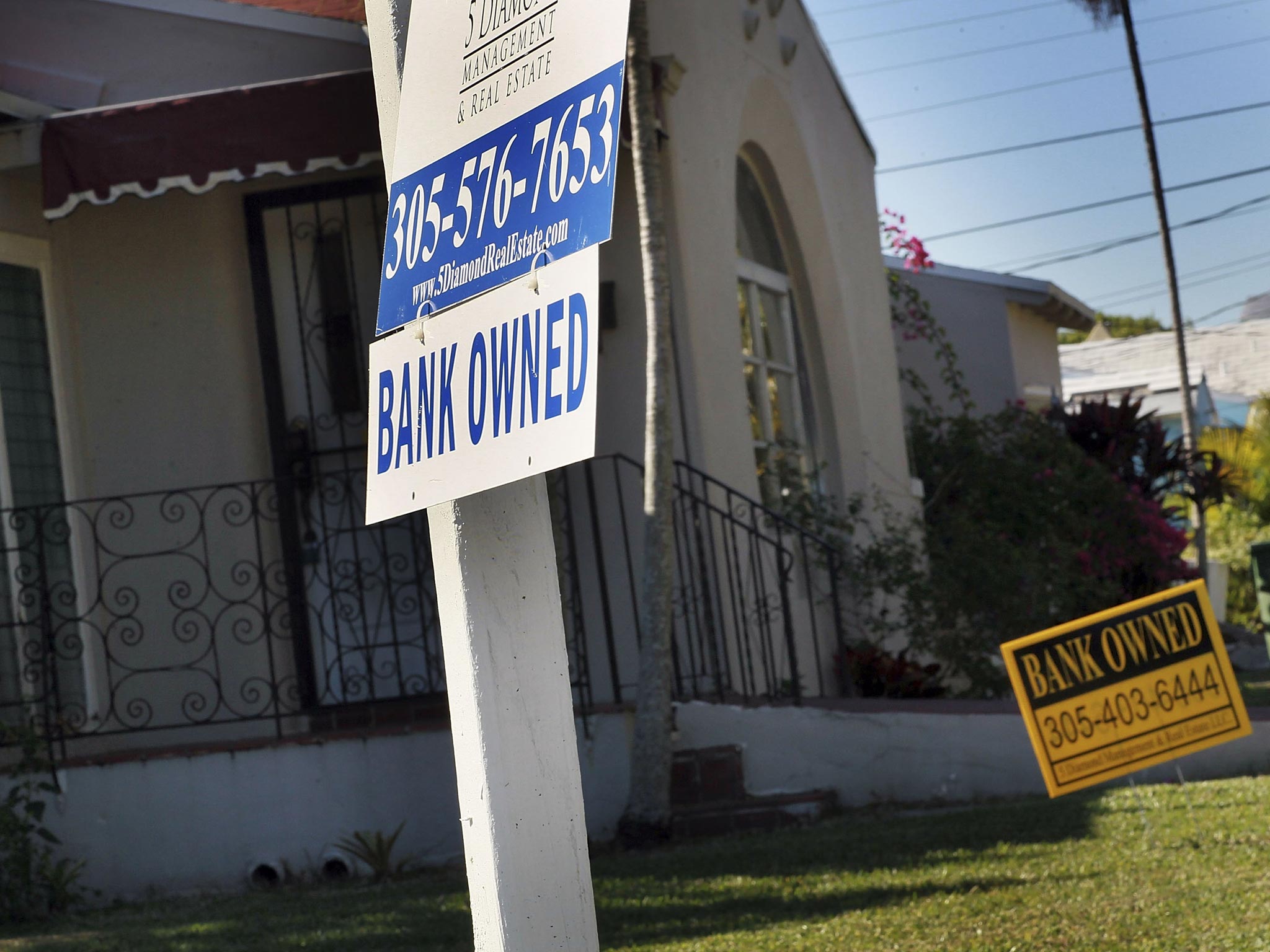Rush to buy big PFI contracts ‘risks repeat of subprime crisis’
Academic warns of public-sector debt being held by investors on the other side of the world

The rush of big investors to buy lucrative contracts to run schools and hospitals is creating a potentially risky financing structure for critical public services, reminiscent of America’s subprime mortgage fiasco, a leading academic has warned.
Doctor Nick Clifford, at Manchester Business School specialising in Public-Private Finance Initiatives, said he was concerned about the implications of public sector debt being controlled by investors miles away from the underlying assets.
Dr Clifford compared the situation with the rise of subprime mortgages in the US, which was largely to blame for the financial crisis.
In that instance, mortgages on large numbers of properties across the US were bundled together, refinanced and sold repeatedly around the world in such a way that it became nearly impossible to ascertain whether the people taking on the original mortgages could afford their repayments. As a result the mortgages were valued too cheaply and ran up catastrophic losses when homeowners defaulted.
Dr Clifford said: “We’re getting to a situation where a fire station in Stoke gets to be a debt somewhere in Singapore. That just feels instinctively not to be right. What was the real cause of the financial crisis? Banks lending without knowing where their debt really is. This [PFI flipping] stuff feels like part of that whole process again.”
The Independent revealed this week how construction firms had turned quick profits on long-term projects to build and run schools and hospitals by selling them to investors, often based in offshore tax havens, early in the life of the contract.
Four large building firms had turned profits of more than £300m in recent years by “flipping” their contracts in this way, leading to accusations of profiteering from badly negotiated contracts awarded by the Labour government.
The situation is expected to worsen as PFI projects spread across the world. Meanwhile, the Government is keen to encourage more private investors to fund big infrastructure projects to boost the economy.
Today, the Labour MP Margaret Hodge admitted to The Independent that Labour had been “seduced” into PFI and that it was a “rip-off”.
However, the £300m of profit made by the construction firms’ sales of their contracts marks only the tip of the iceberg for how much taxpayers have agreed to pay the private sector to build and run public services in future decades.
Treasury data suggests that the bill to the public from PFI projects between 2015 and 2049 will be £320bn. These are the estimated “unitary charges” – a term meaning payments for services like maintenance, cleaning and security, as well as debt and interest repayments on the loans used to pay for the project to be built.
Contractors argue that they deserve extra payments to cover the risks of cost overruns, particularly in the building phase of the projects.
But NHS staff reacted angrily to the rise in flipped contracts when many hospitals are struggling to cope with high unitary charges. Clare Gerada, a GP and former chair of the Council of the Royal College of General Practitioners, tweeted: “This is where our public money is going and meanwhile academic/clinical health jobs cut.”
Subscribe to Independent Premium to bookmark this article
Want to bookmark your favourite articles and stories to read or reference later? Start your Independent Premium subscription today.

Join our commenting forum
Join thought-provoking conversations, follow other Independent readers and see their replies